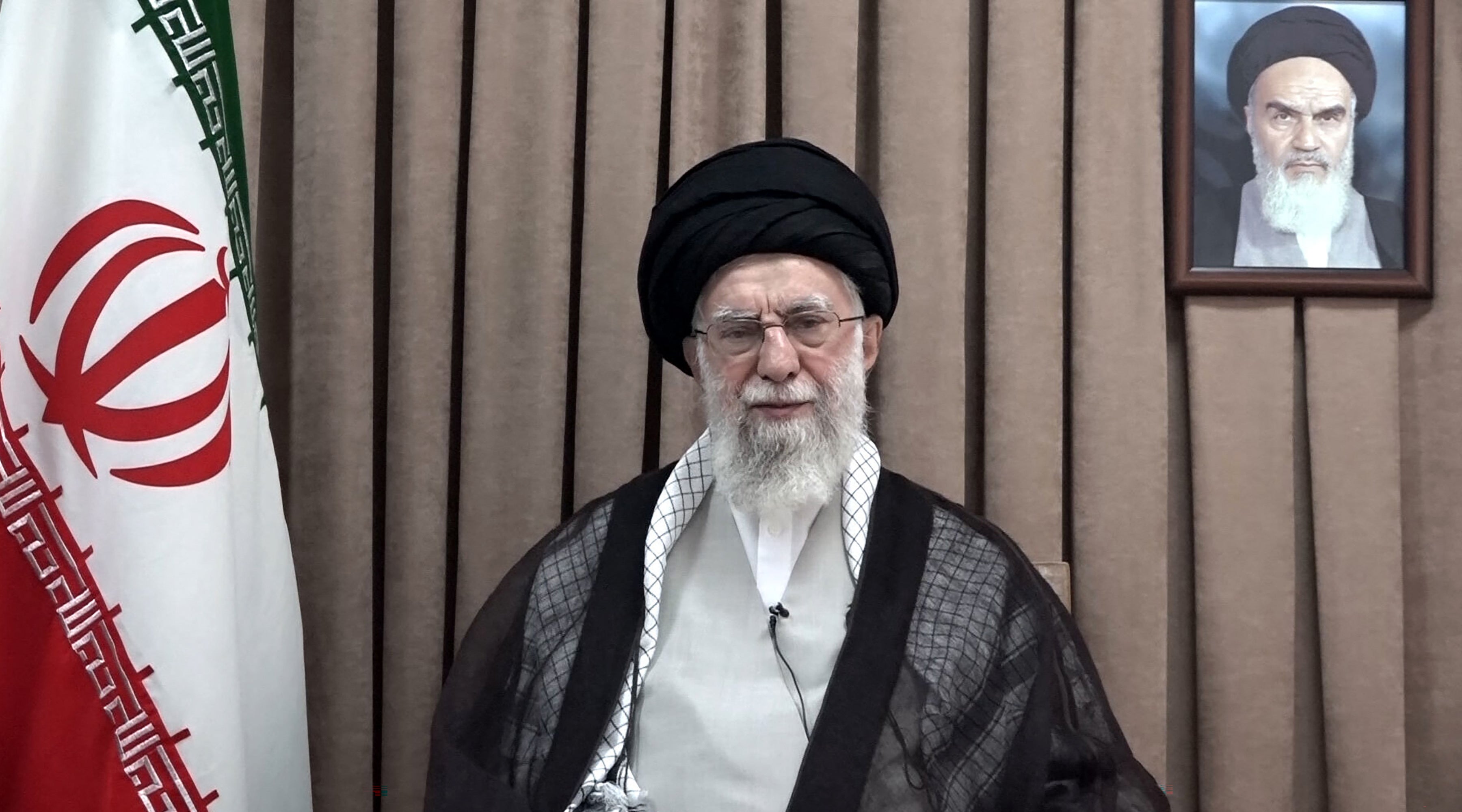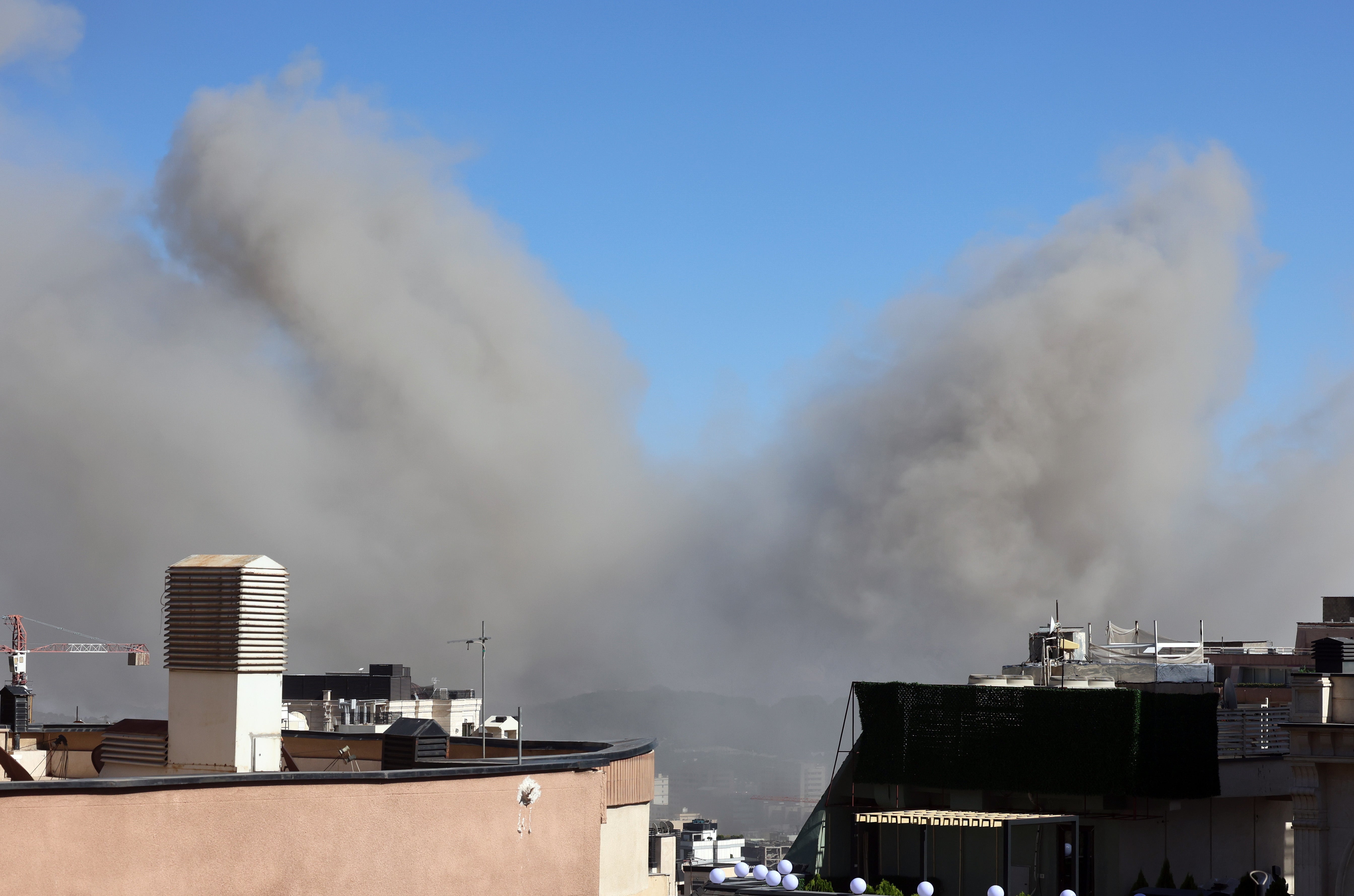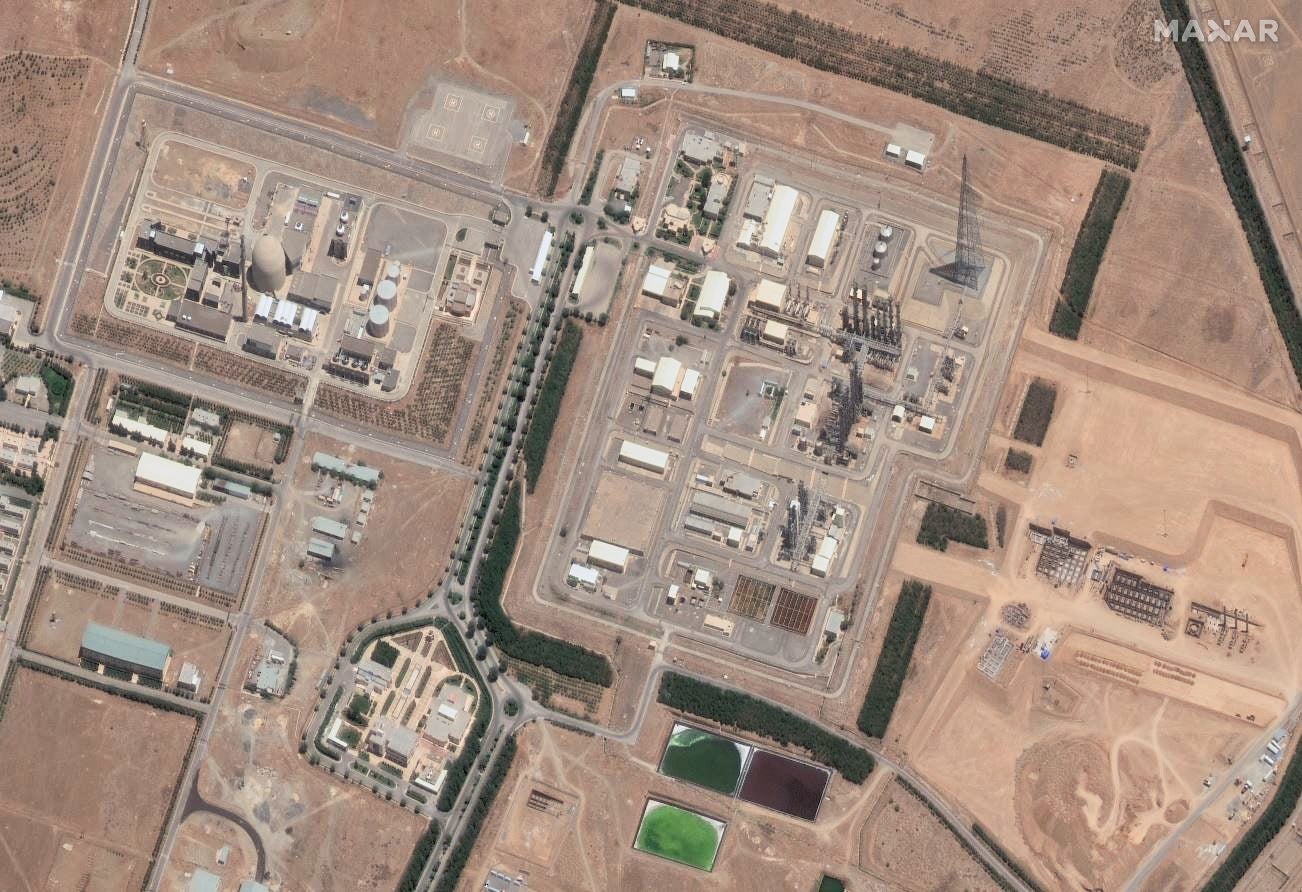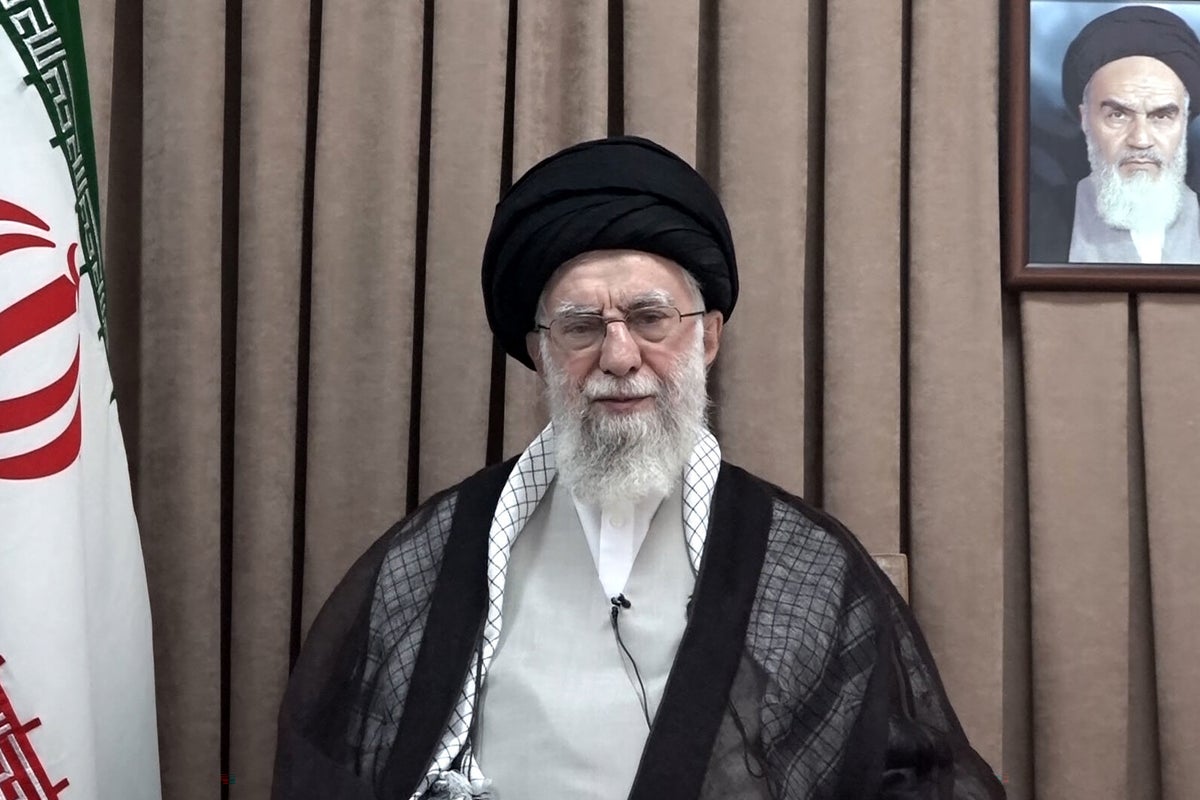Donald Trump taunted Iran on Wednesday over the extraordinary prospect of US airstrikes on Tehran after the ayatollah rejected demands for unconditional surrender.
“I may do it. I may not do it,” the president said amid a growing divide among his inner circle over whether to join Israeli attacks.
“The next week is going to be very big,” he teased as thousands fled the Iranian capital following the latest aerial bombardment, leaving many shops closed and streets empty.
Sir Keir Starmer chaired an emergency Cobra meeting on the Middle East crisis late on Wednesday, two days after he expressed confidence that Trump would not join the unfolding war between Iran and Israel.
The Foreign Office has evacuated family members of embassy staff from Israel, but has not advised British nationals to leave the country.
Trump on Tuesday demanded Iran’s conditional surrender and issued a chilling warning that US forces knew the whereabouts of Ali Khamenei, the country’s 86-year-old religious ruler.
In a speech aired on Iranian television – his first appearance since bombing began last Friday – the supreme leader said any US intervention would lead to “irreparable damage.”

Khamenei did not elaborate on what American assets could be targeted. Last week, Iran’s foreign minister suggested US military bases, as well as UK and French interests, could be targeted if they supported Israel’s bombing campaign. An Iranian diplomat had earlier warned that US intervention would risk “all-out war”.
Israel began striking Iran six days ago in a bid to neutralise what it says is Tehran’s bid to create nuclear weapons.
US and Israeli intelligence on how close Iran could be to building a nuclear bomb differ, with some American officials suggesting Tehran is years away. But the United Nations’ nuclear watchdog, the International Atomic Energy Agency (IAEA), said last month that they were “seriously concerned” about Iran’s uranium enrichment programme.

Estimates by the Washington, D.C.-based Institute for Science and International Security (ISIS) suggest Iran could enrich hundreds of kilograms of weapons-grade uranium in just three weeks, enough to create nine nuclear weapons.
The latest Israeli strikes hit one facility used to make uranium centrifuges and another that made missile components, the Israeli military said.
It said it had intercepted 10 missiles overnight as Iran’s retaliatory barrages diminish. The IAEA said Israel struck two centrifuge production facilities in and near Tehran.
Israeli defence minister Israel Katz also said the military struck the headquarters of Iran’s internal security forces on Wednesday, without specifying the agency or location. The strike marks a shift toward targeting Iran’s domestic security apparatus, which has long cracked down on dissent and suppressed protests.
Israel’s air campaign has struck several nuclear and military sites, killing top generals and nuclear scientists. A Washington-based Iranian human rights group said at least 585 people, including 239 civilians, have been killed and more than 1,300 wounded.

Iran has fired some 400 missiles and hundreds of drones in retaliatory strikes, killing at least 24 people in Israel and wounding hundreds. Some have hit apartment buildings in central Israel, causing heavy damage, and air raid sirens have repeatedly forced Israelis to run for shelter.
Iran has fired fewer missiles as the conflict has worn on. It has not explained the decline, but Israel has targeted launchers and other infrastructure related to the missiles.
Israel on Wednesday eased some of the restrictions that it had imposed on daily life when Iran launched its retaliatory attack, allowing gatherings of up to 30 people and letting workplaces reopen as long as there is a shelter nearby.
Schools are closed and many business remain shuttered, but Israel’s decision to reverse its ban on gatherings and office work for all but essential employees signals the Israeli military’s confidence that its attacks have limited Iran’s missile capabilities.


